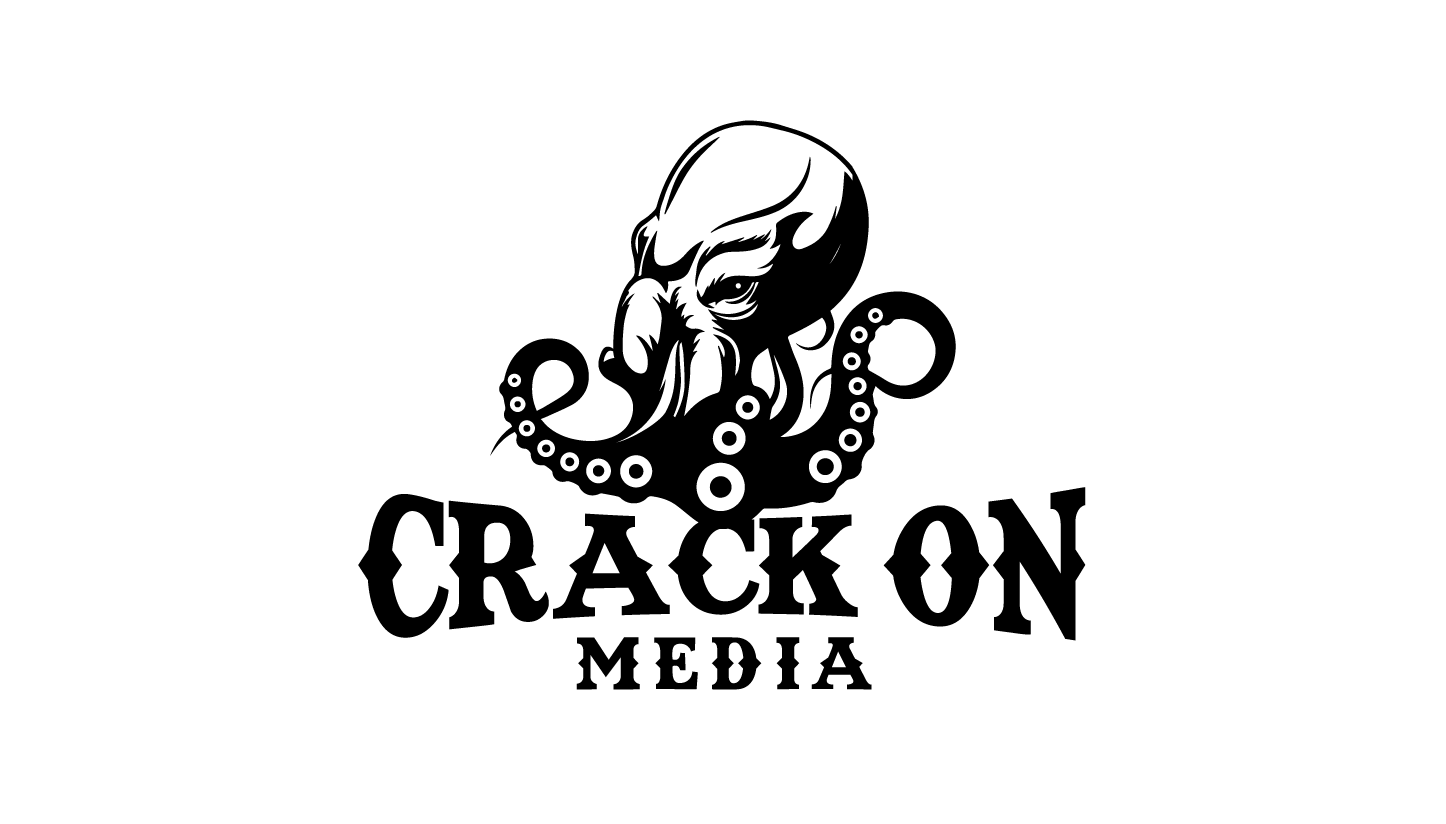Unlock the Potential of Big Data and AI for Marketers
Picture this: a group of marketers huddled together in a small room, surrounded by towering stacks of data papers, desperately trying to make sense of it all. They’ve got charts, graphs, and spreadsheets scattered everywhere, their eyes wide with a mixture of confusion and determination. It’s a scene straight out of a comedy movie, except this time the punchline is big data.
Marketers, known for their creative thinking and persuasive skills, suddenly find themselves grappling with a new opponent: the colossal beast called big data. It’s like trying to tame a wild elephant with a shoelace – a daunting task that leaves them scratching their heads, wondering how to handle this data overload.
With the explosion of digital platforms and the rise of advanced analytics, marketers are swimming in an ocean of information. They’re faced with an overwhelming amount of customer data, sales figures, social media metrics, and website analytics. It’s as if the universe conspired to test their patience and sanity, throwing more data their way than they ever thought possible.
But fear not, brave marketers! Just when they were about to surrender to the chaos, along comes their secret weapon: artificial intelligence (AI). Yes, the very technology that seemed like science fiction not too long ago has now become your ally in the battle against big data.
What is Big Data?
In today’s interconnected world, data is being generated at an unprecedented rate. Information is being collected and stored in massive quantities, from online transactions and social media interactions to sensor readings and customer feedback. This massive accumulation of data, known as big data, has become a driving force in various industries, revolutionizing the way organizations operate and make decisions. Big data refers to the vast amount of structured and unstructured data that exceeds the processing capabilities of traditional database systems. It encompasses diverse data types, including text, images, videos, and sensor data, all of which hold immense potential for organizations to gain valuable insights and drive informed decision-making.
In the rapidly evolving world of digital marketing, harnessing the power of big data has become essential for staying ahead of the competition. IBM breaks Big Data into four dimensions which they call The four V’s of Big Data. These are Volume, Variety, Velocity and Veracity. Trying to tame these four dimensions can be overwhelming for any marketer. This is where artificial intelligence (AI) comes to the rescue. By leveraging AI technologies, marketers can extract valuable insights, streamline processes, and make data-driven decisions that lead to improved marketing strategies. In this blog post, we will explore how AI can support marketers in effectively utilizing big data.
What can we do with AI and Big Data?
Enhanced Data Analysis:
One of the biggest challenges marketers face when dealing with big data is extracting meaningful insights from the vast amount of information available. AI algorithms can handle large datasets and quickly identify patterns, trends, and correlations that may not be immediately apparent to human analysts. Machine learning techniques, such as clustering, classification, and predictive modeling, enable marketers to segment audiences, identify customer preferences, and predict future behaviors. By automating the data analysis process, AI empowers marketers to make more informed decisions and target their efforts more effectively.
Best AI tools for data analysis: Tableau, Microsoft Power BI, MonkeyLearn
Personalized Marketing Campaigns:
Personalization has become a cornerstone of successful marketing campaigns, as customers expect tailored experiences. AI-powered algorithms process vast amounts of customer data, allowing marketers to create highly personalized campaigns. By analyzing individual preferences, browsing history, purchase behavior, and demographic information, AI can generate targeted recommendations, customised emails, and customized advertisements. This level of personalization not only improves customer engagement and satisfaction but also enhances conversion rates and drives revenue growth.
Best AI tools for personalization: Smartwriter.ai, Personalize, Optimizely
Improved Customer Insights:
AI can assist marketers in gaining deeper insights into their customers’ preferences and behaviors. By integrating AI with customer relationship management (CRM) systems, marketers can analyze customer interactions across various channels, such as social media, email, and website visits. Sentiment analysis tools can automatically gauge customer sentiment and identify brand mentions, helping marketers understand the impact of their campaigns. AI-powered chatbots and virtual assistants can collect real-time customer feedback and provide valuable insights to improve products and services.
Best AI tools for customer Insight: Drift, 6sense
Optimal Pricing and Revenue Optimization:
Determining the right pricing strategy is crucial for any business. AI algorithms can analyze historical sales data, market trends, competitor pricing, and customer behavior to optimize pricing decisions. Dynamic pricing, powered by AI, enables marketers to adjust prices in real-time based on factors like demand, inventory levels, and customer segments. This data-driven approach allows businesses to maximize revenue, improve competitiveness, and respond quickly to market fluctuations.
Best AI tools for Pricing and Revenue Optimization: Gong, Reactev
Streamlined Advertising and Content Creation:
AI can streamline the process of creating and distributing targeted advertising campaigns and content. Natural language processing (NLP) algorithms can analyze customer interactions, social media conversations, and search queries to identify trending topics and keywords. Marketers can then create relevant content that resonates with their target audience. AI-powered tools can automate ad creation, optimize ad placements, and perform A/B testing, resulting in more effective campaigns and improved return on investment (ROI).
Best AI tools for advertising and content creation: OpenAI, Jasper, SEMRush
Conclusion
The era of big data presents both challenges and opportunities for marketers. AI technologies offer a powerful solution to overcome these challenges and unlock the true potential of big data. By leveraging AI for data analysis, personalization, customer insights, pricing optimization, and content creation, marketers can make data-driven decisions, deliver personalized experiences, and achieve better marketing outcomes. Embracing AI as a strategic ally will empower marketers to navigate the complex world of big data and gain a competitive edge in the digital landscape.


